Hamilton is one of those musicals that seems to come along only once in a generation. From the moment that it appeared on Broadway, it seemed to take America by storm. It’s not hard to see why, really. It’s not only set during one of the most important moments in the history of the United States, but it also includes some of the most fascinating (and sometimes infuriating) personalities to have ever swept across the stage of history.
What’s more, the play is a richly textured work, with lots of details about the characters and their psyches that only become clear from reading Hamilton: The Revolution.
10 Thomas Jefferson Very Briefly Mentions Sally Hemmings
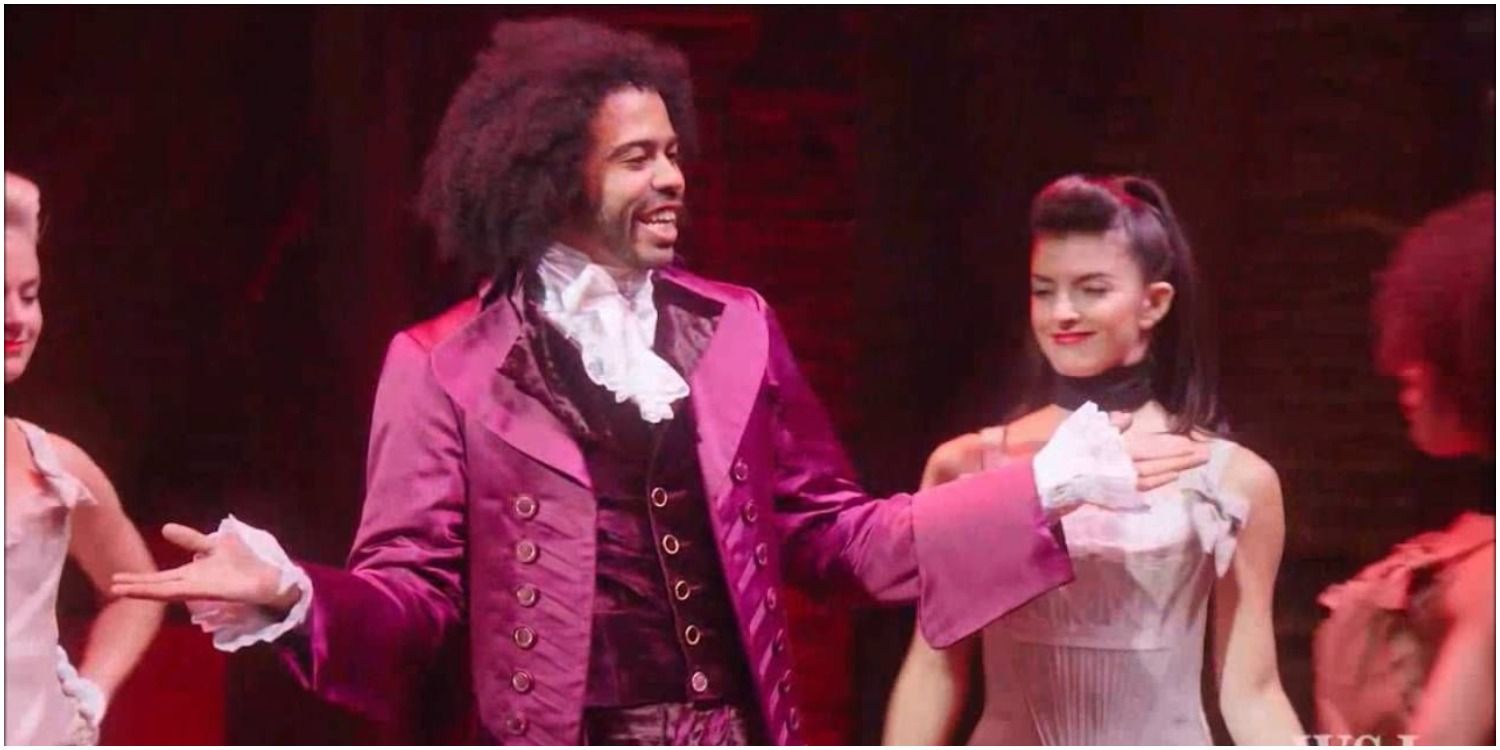
By now, most people know that Thomas Jefferson carried on a years’ long affair with his slave, Sally Hemmings. Given that the play focuses mainly on Hamilton, there’s relatively little attention paid to Jefferson’s private life.
However, there’s one moment, soon after he returns from France, where he instructs Sally to “be a lamb” and open the letter he’s received from George Washington. It’s a brief but meaningful reminder of this fundamental flaw in Jefferson’s character, that a man devoted to freedom owned other human beings in bondage.
9 Jefferson Accusing Hamilton Of Breaking His Promise To Lafayette Nods To The Character Change
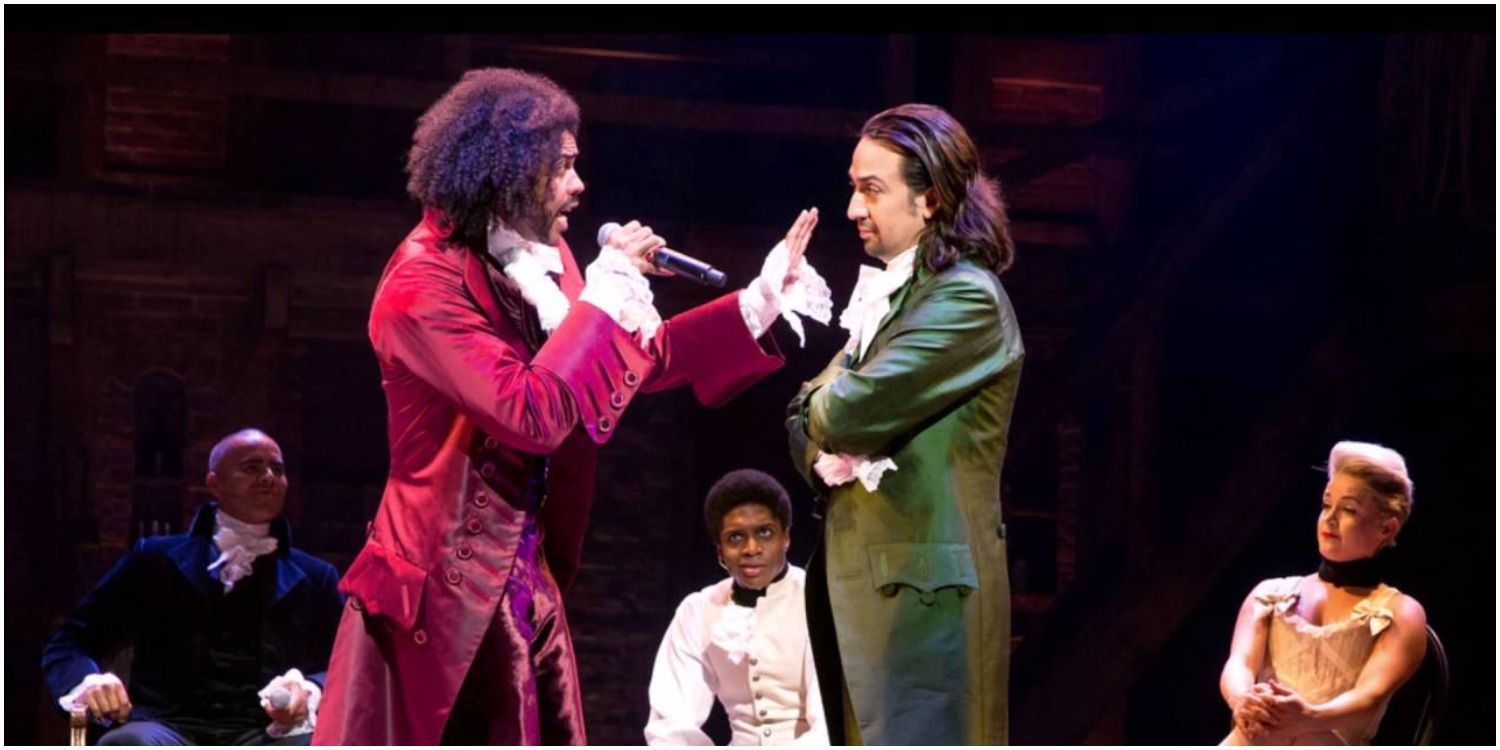
There are many brilliant things about this musical, but one of the most dazzling is the way that it uses the same actors to play different characters in the two acts.
In the case of Jefferson, the same actor plays Lafayette, one of Hamilton’s staunchest allies throughout the first part of the play. Jefferson’s taunting of Hamilton for breaking his promise to Lafayete is, therefore, a subtle play on the fact that the same actor is playing both one of Hamilton’s dearest friends and one of his most inveterate foes.
8 King George’s Songs Are In Their Own Style
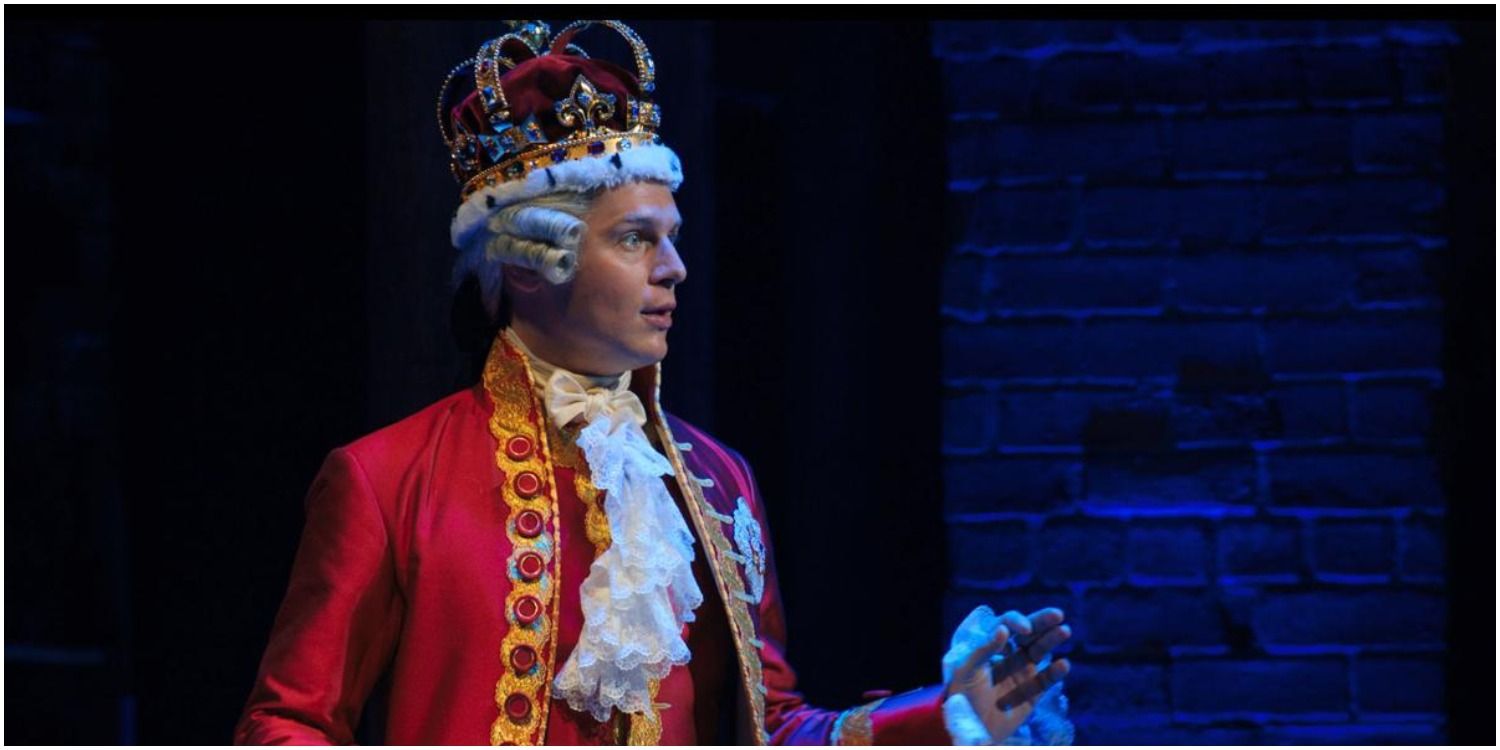
Though most of the play is sung in a hip hop style, there are several notable exceptions, and they are always sung by the king, George III.
These songs are usually in the style of the British pop that was very popular in the 1960s, and are thus meant to signify the ways in which George is something of an intruder into the American milieu, an outsider who really can’t quite wrap his head around the fact that the American colonies have become something very different than the motherland.
7 “Wait For It” Is About Showing Burr’s Enormous Amount Of Self-control
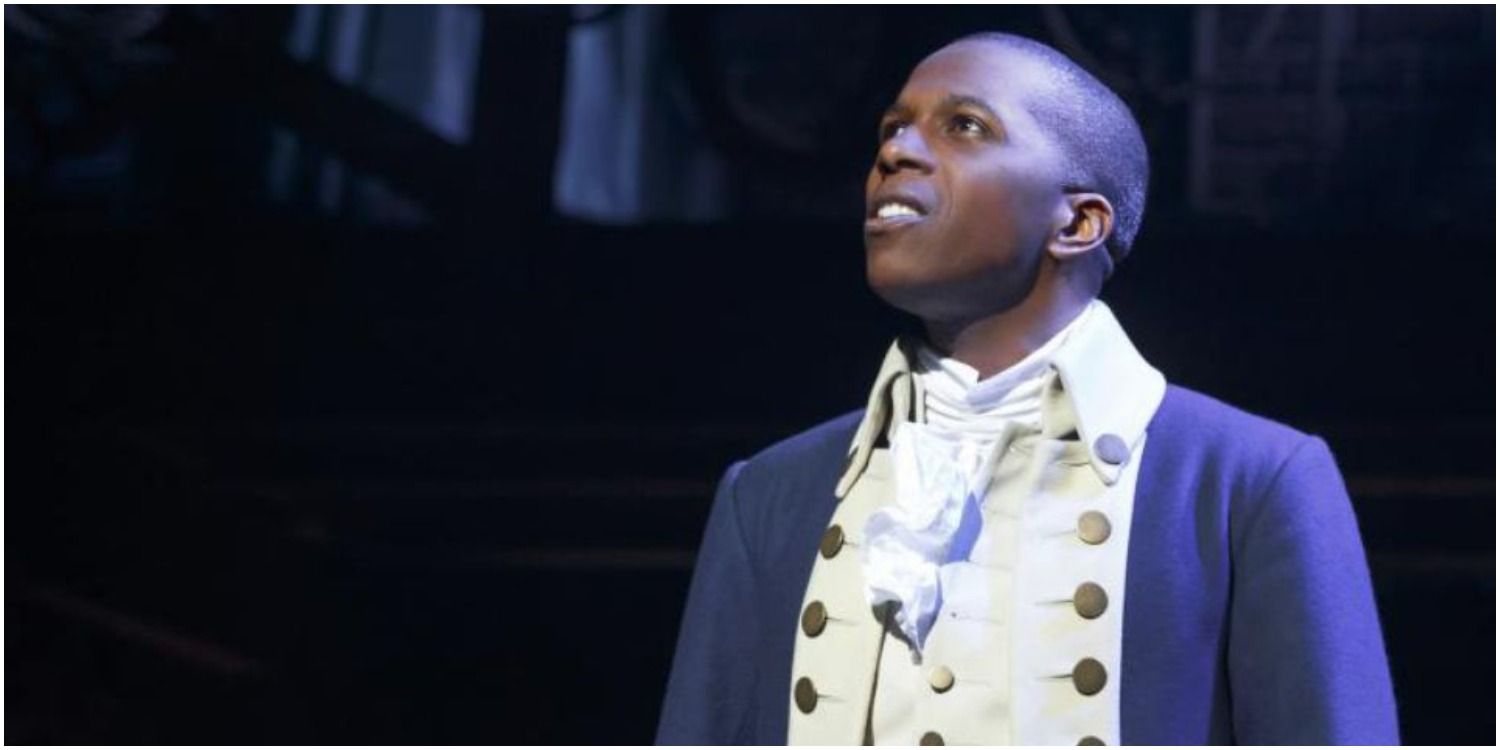
From the moment that he appears, Aaron Burr finds his fortunes repeatedly tied to those of Hamilton, for better and worse. Unlike Hamilton, however, he is content to bide his time until the political winds blow in his favor, and this often works to his determinant.
The song “Wait For It,” then, is all about his tremendous ability to keep himself in check, to hold off on pursuing his own ambitions until he’s sure that he will succeed.
6 Peggy Is The Only Character Without A Musical Motif

Poor Peggy Schuyler. Unlike her sisters Angelica and Eliza, she just doesn’t seem to pop off of the screen in the same way. This might be because, unlike them, she remains more concerned with not disobeying their father and not getting into trouble (Angelica and Eliza both, in their own way, show themselves to be very adventurous and willing to take risks).
As a result, Peggy doesn’t get her own musical motif (though the actress does play the seductive Maria Reynolds in the second act).
5 Burr’s Relationship With Theodosia Was Meant To Be The The Tipping Point Of The End Of His Friendship With Hamilton
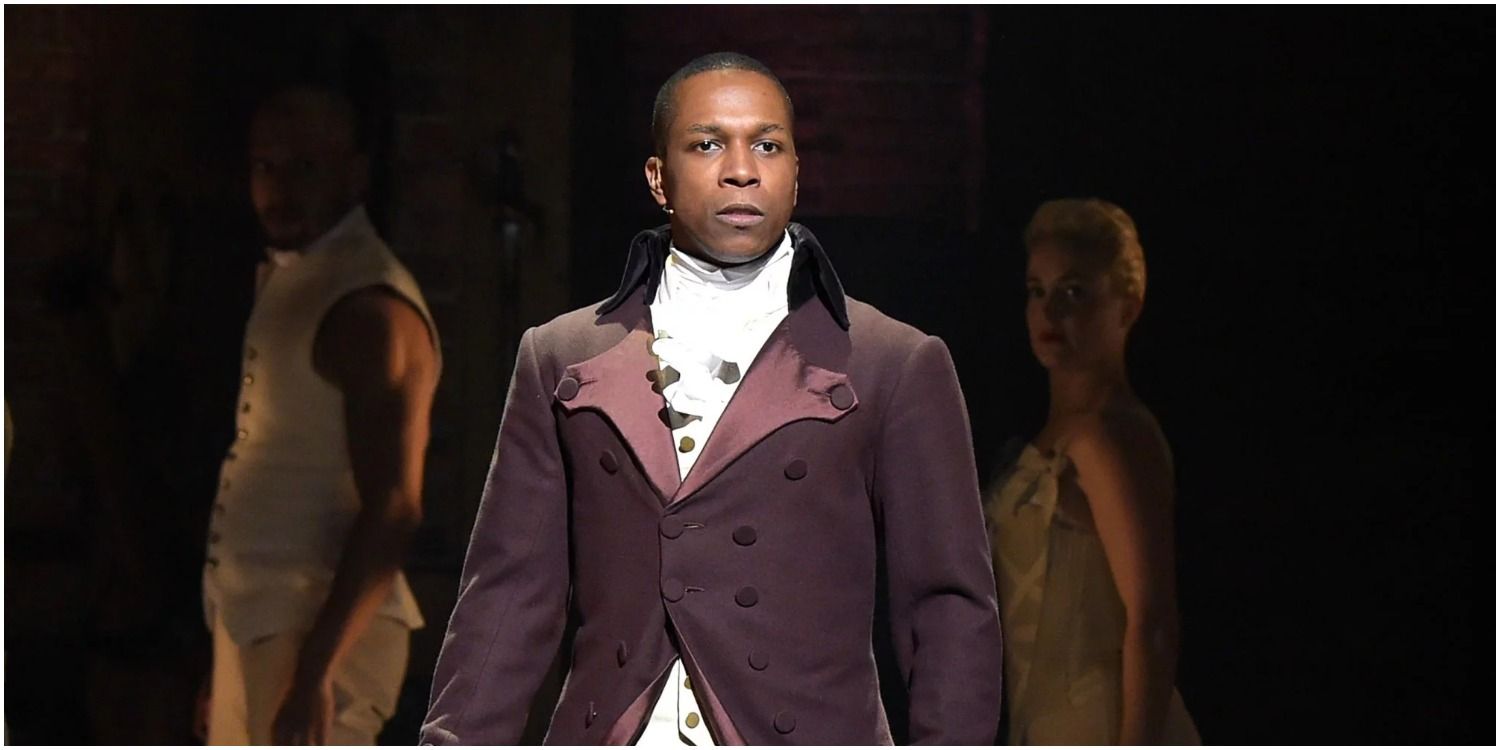
By the time that Burr and Hamilton join the Revolutionary War, it’s pretty clear that they have very different personalities and political investments.
Thus it is that Hamilton is willing to go all in for what he wants and believes, while Burr is always ready to wait. In this case, he decides to wait for his beloved Theodosia to become available, and this is meant to signify that he and Hamilton will always find themselves dripping apart.
4 Jefferson’s Different Musical Style
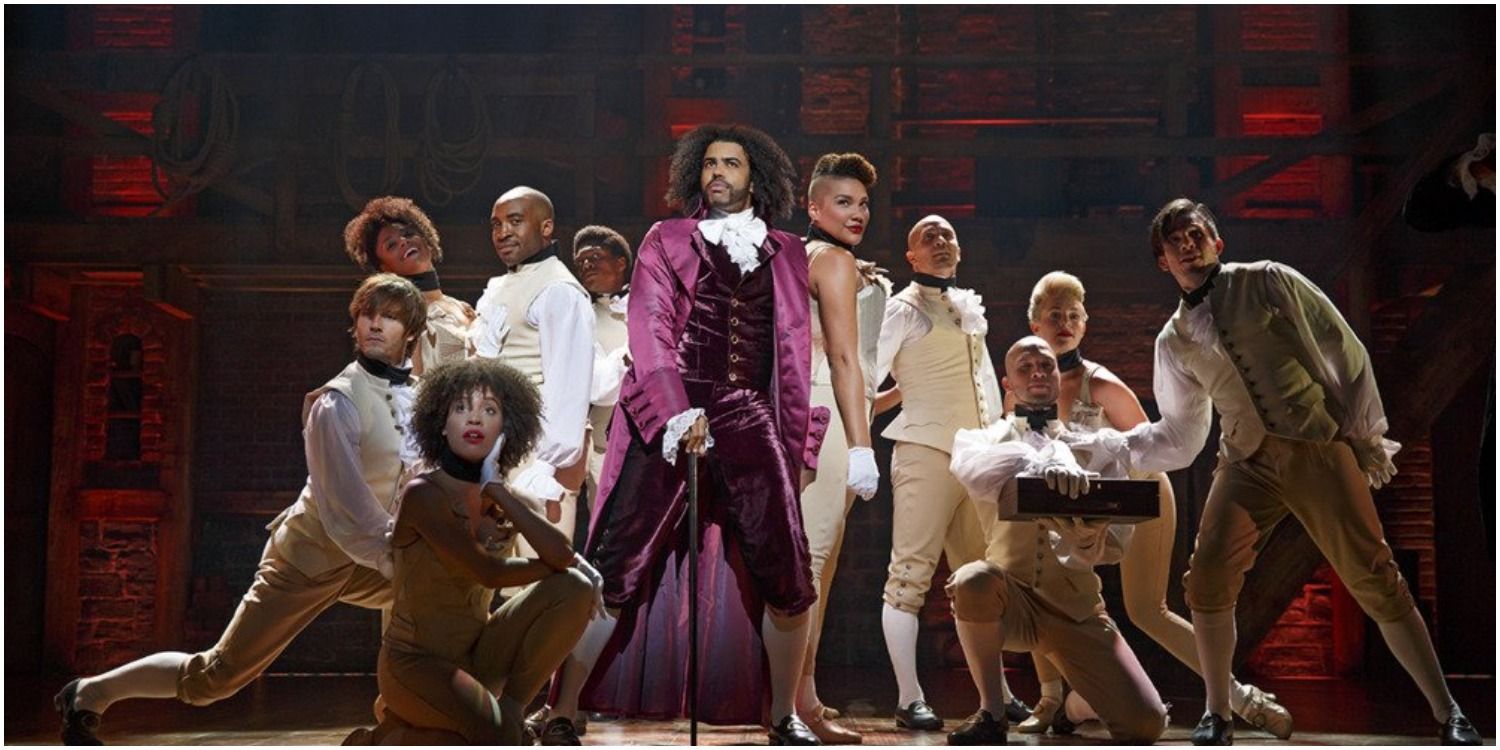
Thomas Jefferson is, without a doubt, Hamilton’s main nemesis throughout the play. There is, in fact, almost no friendliness between them, and they soon find themselves locking horns over almost every aspect of policy in the new nation.
The first time that the viewer sees Jefferson is when he returns from France, and it’s very clear that his musical style, which is very different from that of Hamilton, is meant to reflect his fundamental differences from his soon-to-be enemy.
3 Hamilton’s Facade Cracking In “Hurricane”
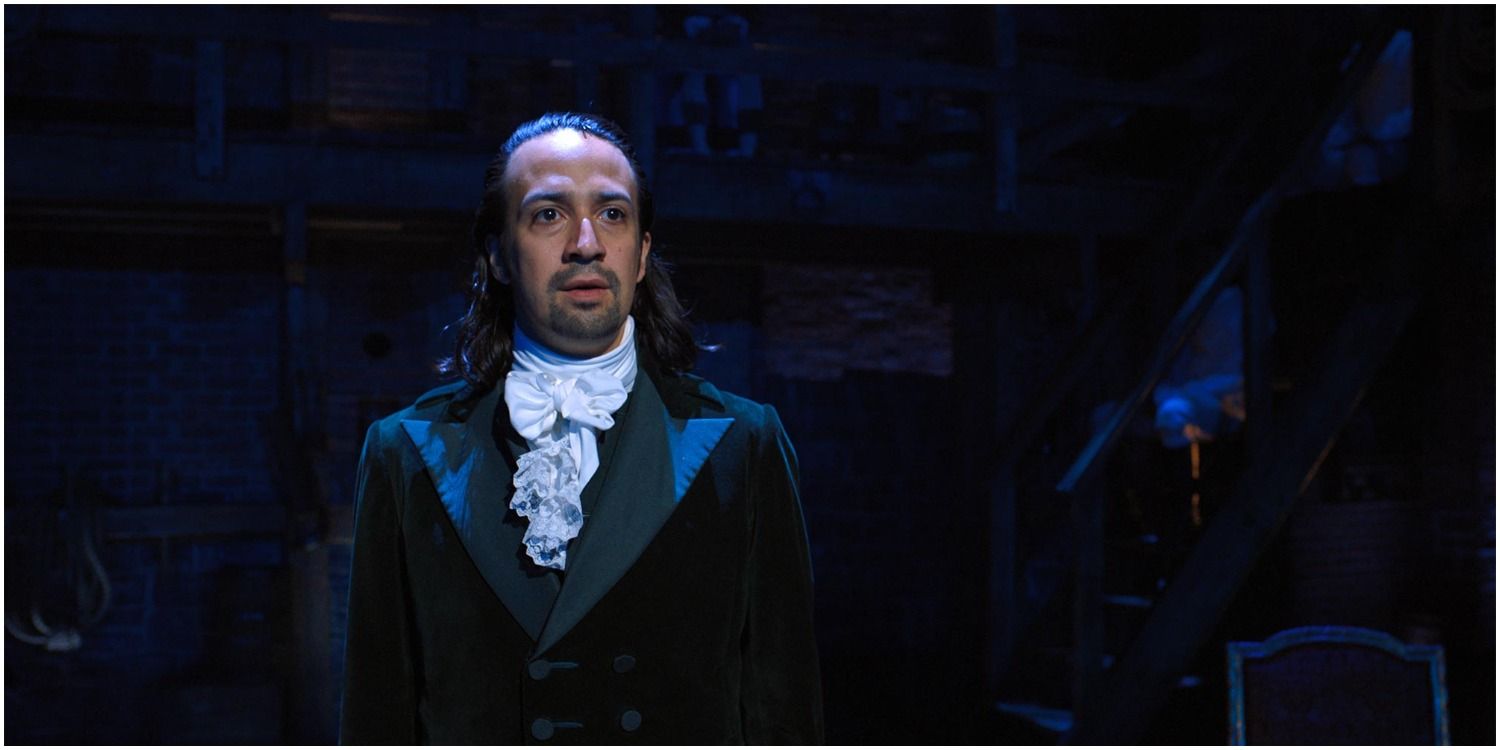
Even though he brings most of his misery on himself, it’s still hard not to feel at least a bit sorry for Hamilton as his entire life, career, and legacy begin collapsing around him as the second act progresses.
This can most clearly be seen in the song “Hurricane,” in which the the viewer gets a deeper glimpse at the ways in which his troubled upbringing and his mother’s death have left deep scars that have begun to come back to haunt him in this moment of crisis.
2 Burr Singing Wait For It Softly During “Hurricane”
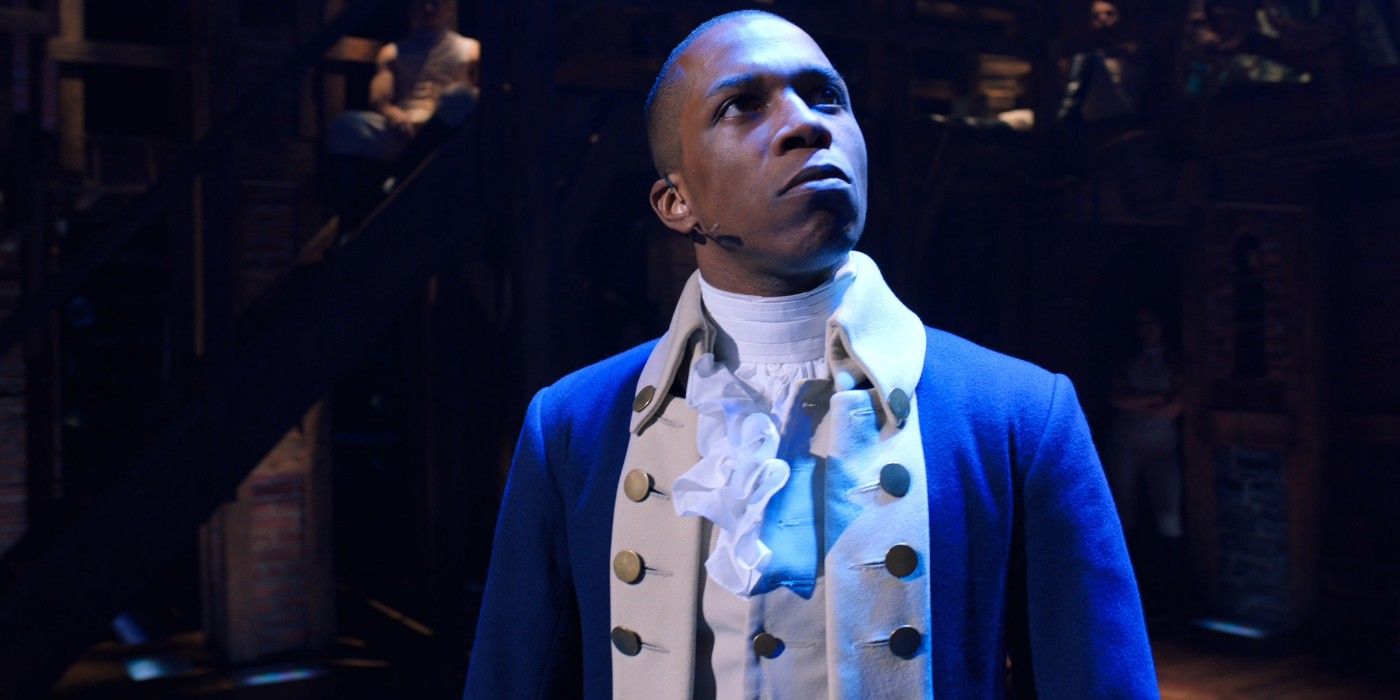
One thing that is easily missed in the song “Hurricane” is the presence of Burr’s voice singing “Wait for It.” By this point, it’s pretty clear that Burr is actively trying to bring Hamilton down, both because of his jealousy and because of Burr’s own alliance with Jefferson and Madison.
His vocal presence in the song is a reminder of his antagonism and of his ability to wait for the right moment to strike.
1 Washington’s Line About Having Retiring To Have His Own Vine And Fig Tree Is Drawn From His Correspondence
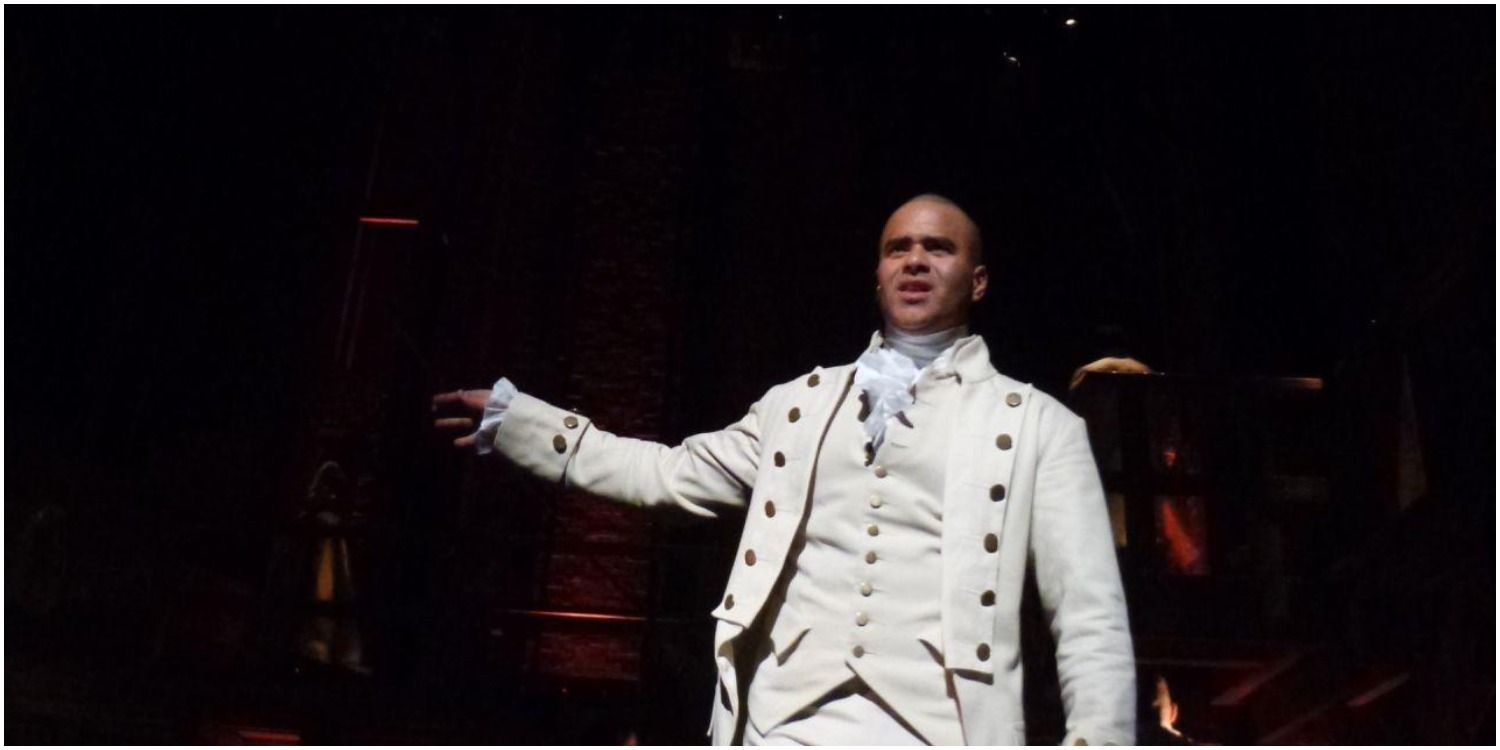
When George Washington declines to run for a second term in favor of retiring to Mount Vernon to live out his life in peace and prosperity, he makes a reference to at last having time to enjoy his own vine and fig tree.
The line is, of course, a reference to the Bible (where it is referred to several times), but it is also something that is found in much of Washington’s correspondence.
https://ift.tt/2NV0tTJ
July 05, 2020 at 05:30AM




